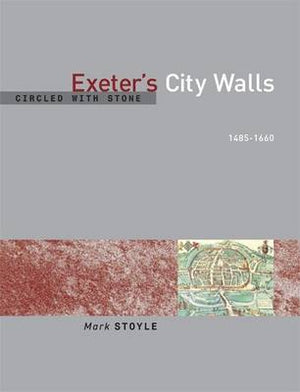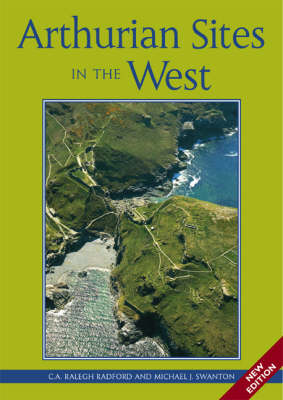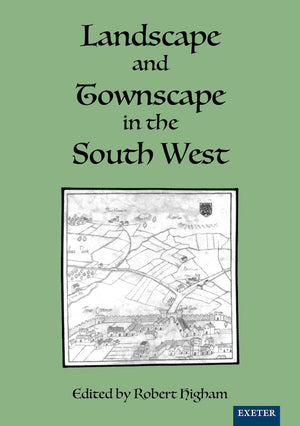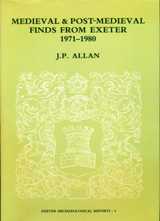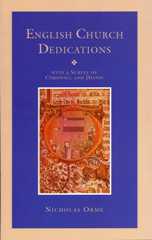University of Exeter Press
Cornish Studies Volume 3
Couldn't load pickup availability

- 224 Pages
The third volume in the acclaimed paperback series . . . the only county series that can legitimately claim to represent the past and present of a nation.
The third volume in the acclaimed paperback series . . . the only county series that can legitimately claim to represent the past and present of a nation.
'Most articles emphasize Cornish 'difference', and place it in a wider context of European cultural and territorial diversity.' (Southern History, Vol. 18, 1997)
1. Introduction
2. Collective Action and the Cornish Miner in Australia: An Early Repudiation of the 'Individualistic' Thesis, Mel Davis
3. Not What They Seemed? Cornish Assisted Immigrants in New South Wales, 1837-77, Patricia Lay
4. Cornish Emigration in Response to Changes in the International Copper Market in the 1860's, Philip Payton
5. The Great Western Railway and the Cornish-Celtic Revival, Philip Payton and Paul Thornton
6. Which Base for Revived Cornish?, Ken George
7. Voice from a White Silence: the Manuscripts of Jack Clemo, John Hurst
8. The Significance of cornish and Scillonian Natural History, Stella Turk
9. The Importance of Metaliferous Mining Sites in Cornwall for Wildlife (with Special Reference to Insects), Adrian Spalding
10. Movers and Stayers: A Comparison of Migratory and Non-Migratory Groups in Cornwall 1981-1991, Malcolm Williams and Eric Harrison
11. Housing in Cornwall: a Two-Tier System?, Carol Williams
12. Book Reviews









